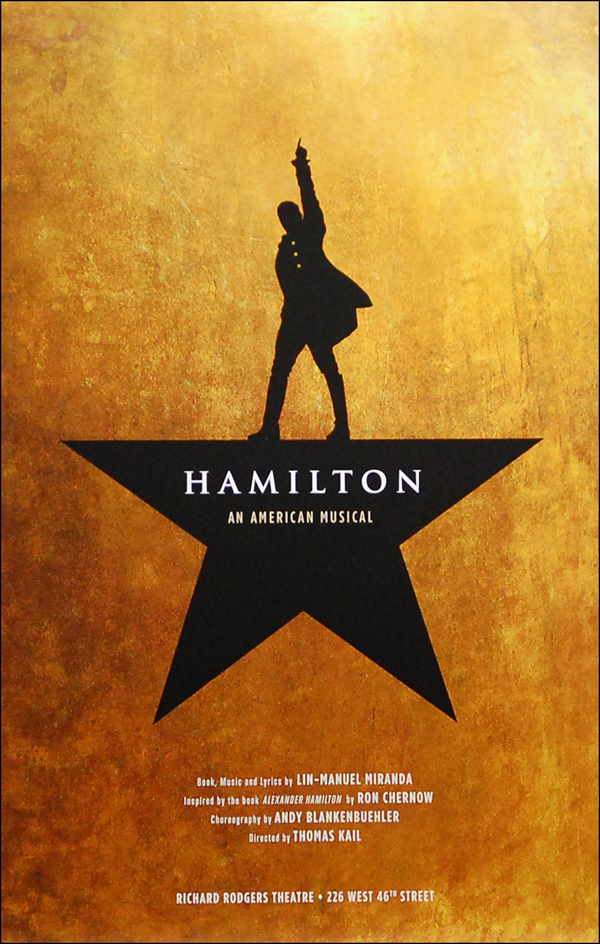Two years before he was shot in the chest, and two centuries before he became an unlikely pop icon, Alexander Hamilton wondered how religion might be used to win elections. Suggesting that politics could not rely “merely on the reason of men,” the nation’s first Treasury secretary proposed the creation of a “Christian Constitutional Society” designed to appeal to an emotion-driven electorate by uniting a defense of Christianity and the U.S. Constitution. The passions incited by faith, Hamilton believed, could be harnessed to “combat our political foes.”
This plan may have been a sincere product of late-blooming piety on the part of the embattled Founding Father, or it may have been a cynical ploy. Either way, one thing is certain: such sharp-eyed deployments of spiritual sympathies would not play as well on Broadway as rap-battle policy debates. So it’s no surprise that the religiosity of the “ten-dollar founding father” in Hamilton: An American Musical is mostly limited to personal appeals in times of duress: a somber search for solace through prayer after the death of his son, along with some NSFW intercessory pleading when femme fatale Maria Reynolds leads him to her bed. “Lord,” Hamilton croons in vain, “show me how to say no to this.”
There’s just one other cameo for religious sentiment in Lin-Manuel Miranda’s Pulitzer-, Grammy-, and Tony-winning blockbuster. It comes as Hamilton is helping George Washington write his famed farewell address. A quotation from the Book of Micah presages the peace and hard-earned repose awaiting the retiring president, but that’s where the piety stops. Hamilton’s real-life suggestion that Washington make a case that “national morality” requires “a generally received and divinely authoritative Religion” ends up on the cutting-room floor, just like the Christian Constitutional Society, and for probably the same reason: it plays poorly with the kids. “Religion and morality are essential props,” Hamilton wrote in his draft of Washington’s Farewell Address. “In vain does he claim the praise of patriotism, who labors to subvert or undermine these great pillars of human happiness.” Even with a killer breakbeat, this invocation of the awesome power of biblically sanctioned social control could never be cool.
Much has been said about how casting minorities as icons of Independence makes Hamilton “the story of America then, told by America now,” but its relationship to belief is the more subtle act of cultural reimagining. Miranda’s ingenious retelling of Revolutionary-era U.S. history studiously ignores common eighteenth-century notions of the role religion should play in society, replacing them with the fully privatized faith of today.
